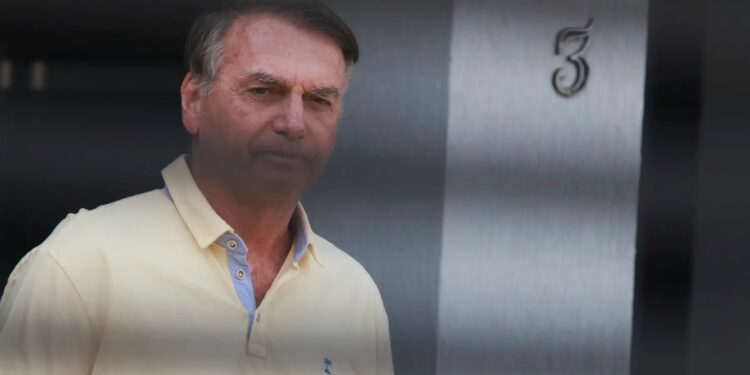Former Brazilian president Jair Bolsonaro has been sentenced to 27 years in prison for orchestrating a plot to overthrow the country’s democracy following his defeat in the 2022 election. The ruling marks one of the most consequential legal judgments in Brazil’s modern history, sending a clear signal about accountability for attempts to undermine democratic institutions.
Plot to ‘annihilate’ democracy
Prosecutors argued that Bolsonaro conspired with senior military officials and political allies to prepare a coup aimed at preventing the transfer of power to President Luiz Inácio Lula da Silva. Evidence presented in court included speeches, leaked messages, and testimony showing that Bolsonaro discussed strategies to annul the election results and “annihilate” democratic order. The plan reportedly included mobilising parts of the armed forces and fuelling mass protests to destabilise the government.
Court’s ruling and sentence
The federal court found Bolsonaro guilty of attempting to subvert Brazil’s constitution and inciting insurrection. In a unanimous decision, the judges imposed a 27-year prison term, citing the seriousness of the offences and the former president’s position of authority. Bolsonaro’s legal team immediately announced plans to appeal, calling the sentence politically motivated, though legal experts say the evidence was overwhelming.
Political repercussions
The ruling has thrown Brazil’s political landscape into turmoil. Bolsonaro remains a polarising figure with a strong base of supporters who view him as a champion against corruption and traditional elites. His sentencing is expected to deepen divisions ahead of municipal elections and could fuel unrest among far-right groups. President Lula has called for calm, emphasising that the judiciary acted independently and that the rule of law must be respected.
Regional and global implications
International observers have framed the case as a test of democratic resilience in Latin America, a region where populist leaders have at times sought to erode institutional checks and balances. The conviction could strengthen Brazil’s image as a democracy willing to confront threats from within, though analysts caution that instability may persist as Bolsonaro’s allies continue to contest the ruling.
Looking ahead
Bolsonaro now faces a lengthy legal battle to overturn or reduce his sentence, but regardless of the outcome, his conviction marks a defining moment in Brazil’s democratic history. For supporters of accountability, the decision underscores that no leader stands above the law. For his opponents, however, the risk of political violence and polarisation remains a pressing concern.
Newshub Editorial, 12 September 2025




Recent Comments